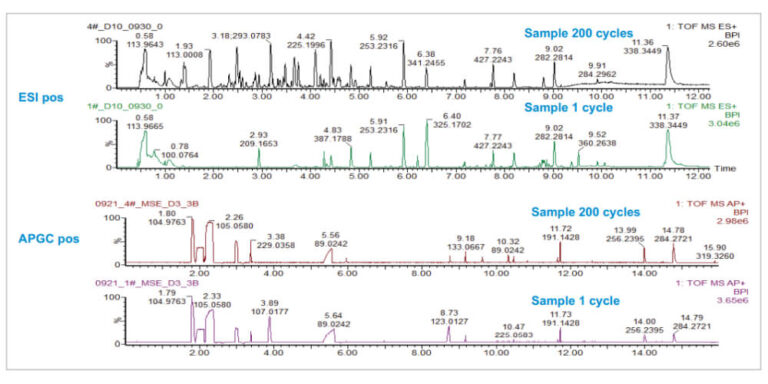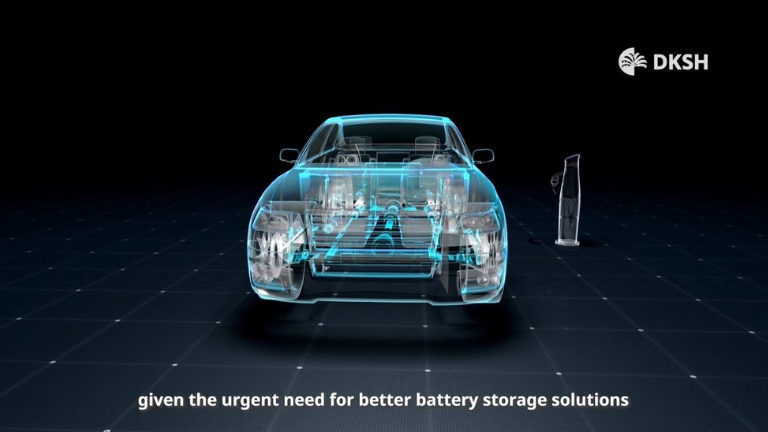Battery Separator Film Development: Impact of Coating
Separators are critical components of lithium-ion batteries, acting as a barrier between the cathode and anode while enabling the exchange of ions. In addition to being electrically insulating, they must have good thermal, chemical, and mechanical stability. Thermomechanical analysis (TMA), differential scanning calorimetry (DSC), thermogravimetric analysis (TGA), and dynamic mechanical analysis (DMA) are utilized to characterize coated and uncoated separators.










